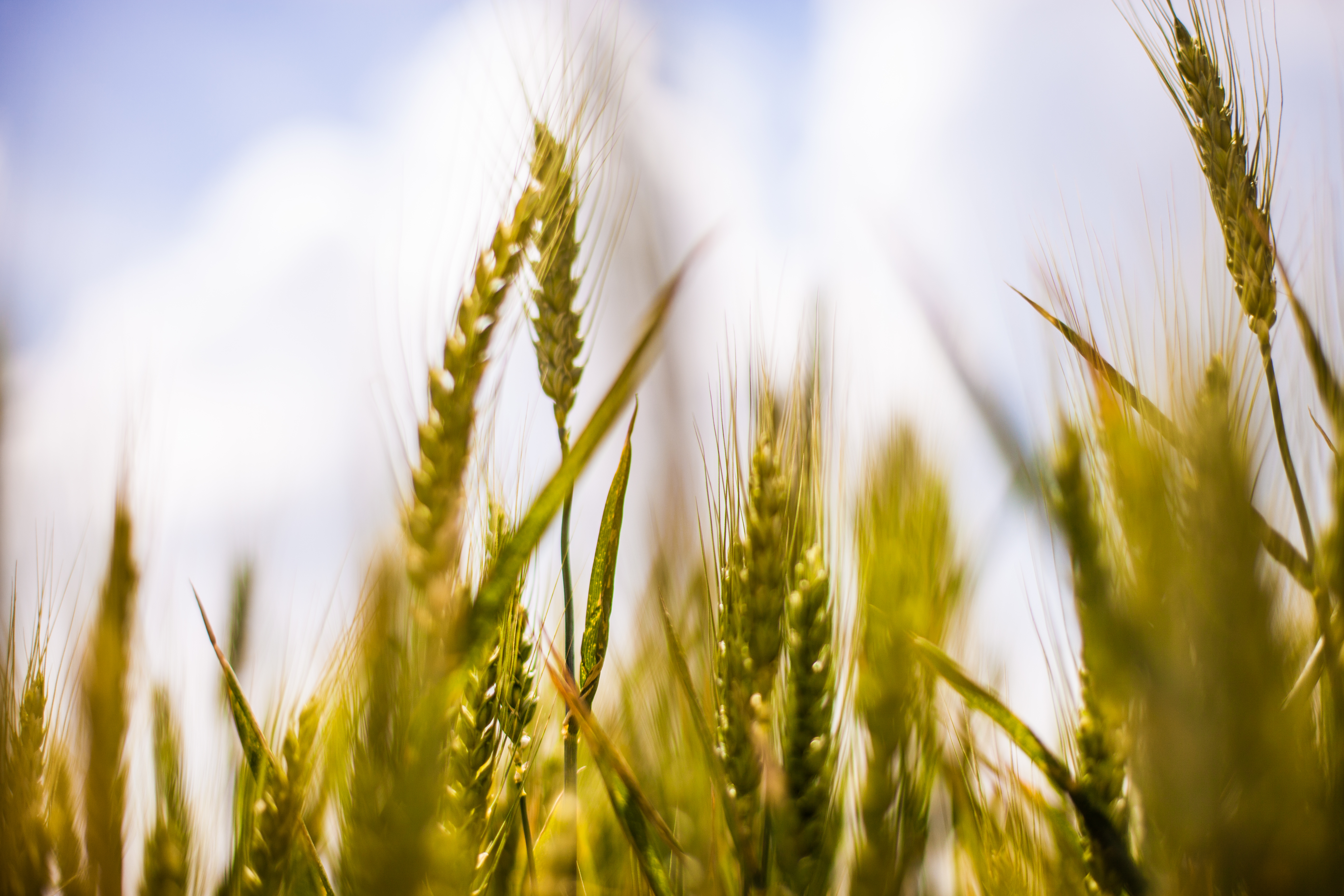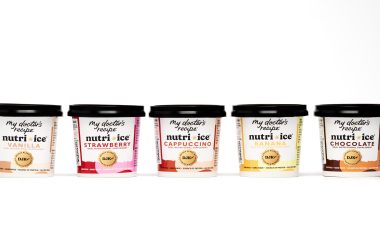From 1 July, all animal-based food products sold in Switzerland will be required to carry a label indicating if animals were subjected to painful procedures without anaesthesia. Whether it’s meat, dairy, or eggs on supermarket shelves or restaurant menus, consumers will finally have access to clear, visible information about the methods used in production, enabling more conscious and ethical choices.
Crucially, the law applies beyond Swiss borders – while such practices have been banned domestically for over 40 years, they remain common in foreign supply chains. By extending the requirement to imports and offering a two-year transition period, the Swiss government is not only raising the bar on animal welfare – it’s also setting a pragmatic, enforceable standard for transparency across the global food trade.
This landmark decision comes amid a broader wave of food policy moves in Switzerland, reinforcing its reputation as a principled and forward-thinking actor. Coming on the heels of the breakthrough in negotiations for the new EU-Swiss bilateral agreements, the timing is opportune. As Brussels rebalances its agri-food priorities, Switzerland offers both a valuable ally and a compelling blueprint for a fairer, more sustainable food system.
Raising bar on animal welfare transparency
Switzerland’s latest move to require animal welfare labelling builds on a longstanding national commitment to treating animals with dignity. In 2018, during a broader overhaul of its animal protection laws, the Swiss government banned the practice of plunging live lobsters into boiling water without first stunning them, citing scientific evidence that crustaceans are likely capable of feeling pain. More broadly, Swiss legislation covers nearly all aspects of animal care, from humane fishing methods to cats’ socialisation and even a ban on flushing goldfish down the toilet.
Supported by this rigorous legislative framework, Switzerland’s leading private food companies have equally ramped up ambitions in animal welfare. As Switzerland’s largest food retailer, Migros has used its size and resources to move the welfare needle forward, mirroring the commitment of leading Swiss dairy producers like Emmi. Around 70% of Swiss animals processed for Migros are raised under certified label programmes that transcend legal requirements, while the retailer continues to explore stricter import standards – efforts which have earned it recognition as Switzerland’s best retailer in the ‘Business Benchmark on Farm Animal Welfare.’
Conversely, the EU’s recent efforts on animal welfare have been marked by delays and diminishing ambition. In December 2023, the European Commission unveiled a long-awaited proposal to improve conditions during live animal transport, including limiting journey times, setting temperature thresholds and mandating minimum space. Yet since then, thousands of parliamentary amendments have flooded the draft, prompting fears that core protections will be watered down, undermining the law’s impact. Meanwhile, other key reforms – such as a ban on cages in farming – remain stalled, leaving the EU’s outdated welfare rules largely untouched.
Progressive Swiss retreat from Nutri-Score system
Beyond animal welfare, Switzerland is increasingly asserting itself as a responsible and pragmatic voice in another high-stakes agri-food debate: front-of-pack nutrition labelling. Once a bastion for France’s controversial Nutri-Score, the country is now steadily distancing itself from a label long criticised for oversimplifying complex nutritional information. While Nutri-Score’s backers have pushed for its mandatory EU-level adoption, growing doubts about its scientific legitimacy have triggered an expanding reckoning, with Switzerland now at the forefront.
In a major blow to Nutri-Score’s credibility, Swiss-headquartered Nestlé announced in May that it would begin phasing out the label for products sold in Switzerland, with a full withdrawal expected by the end of 2026. As a long-time backer and the last Swiss food giant still using Nutri-Score, Nestlé’s reversal marks a critical moment in the European nutrition labelling debate, with the company citing the label’s low consumer uptake and a clear drop in political and commercial support in Switzerland as the motivations for its decision.
The company joins Migros and Emmi, both of which abandoned Nutri-Score in May 2024, sparking an industry trend that has since drawn in the likes of Danone, Bjorg and Kriprolls. Migros has dismissed Nutri-Score as “relatively unknown” and “often misunderstood” by consumers” while Danone has echoed these consumer confusion concerns – particularly under the latest algorithm, which has exacerbated the existing problem of penalising nutritious products like dairy and certain fruit. These concerns are echoed by food scientists who argue that Nutri-Score’s one-size-fits-all approach fails to reflect the complexity of nutritional balance.
Brussels, for its part, appears to have finally seen reason. The Commission has excluded Nutri-Score from its 2025 work programme and has avoided endorsing it publicly, mirroring the Swiss Parliament’s longstanding push to ban the label altogether. With political momentum now firmly against it and industry support rapidly evaporating, Nutri-Score’s future in Europe looks increasingly uncertain.
Lausanne’s bold stand on plant-based labelling
In yet another decisive move on food labelling, Switzerland’s Federal Supreme Court ruled in May that plant-based meat alternatives cannot use animal-based terms like “chicken” or “pork” – even when paired with qualifiers such as “vegan” or “plant-based.” The court found such labels misleading, affirming that consumers must be able to clearly distinguish between plant-based products and their animal-based counterparts. This ruling underscores Switzerland’s commitment to precision and transparency in food labelling, particularly in fast-evolving categories like meat substitutes.
Unfortunately, Brussels has failed to pursue the same line to defend Europe’s food producers and consumers. Last October, the EU’s top court struck down a French regulatory attempt to restrict meat-related terms on plant-based packaging, arguing the ban – designed by Paris to protect its beleaguered livestock farmers – lacked a legal foundation. France’s highest court subsequently backed this ruling in February, effectively blocking national efforts to protect consumers and livestock producers from misleading marketing. While Switzerland prioritises clarity and honest labelling, the EU risks muddying the waters at a moment when the new Commission’s emerging agri-food vision demands good decision-making
As the EU charts a path toward a more competitive, ethical and sustainable food system, it should seize the chance to deepen alignment with Switzerland – through trade and shared values. Switzerland’s clear-eyed approach to animal welfare, consumer rights and supply chain accountability sets a high standard worth emulating. With new bilateral agreements on the table, now is the time for Brussels to work with Bern to build a food policy model and single market that truly reflects Europe’s best ambitions.







